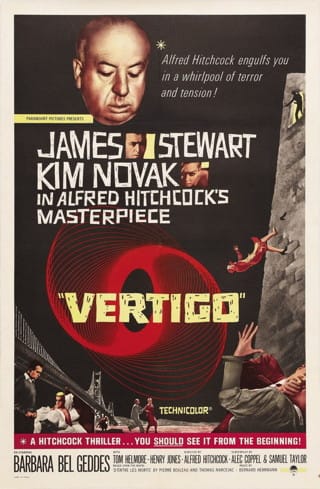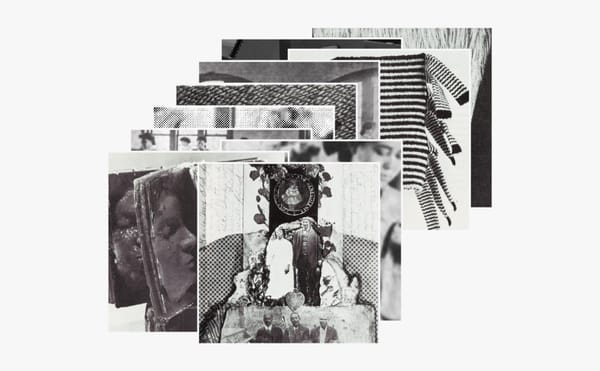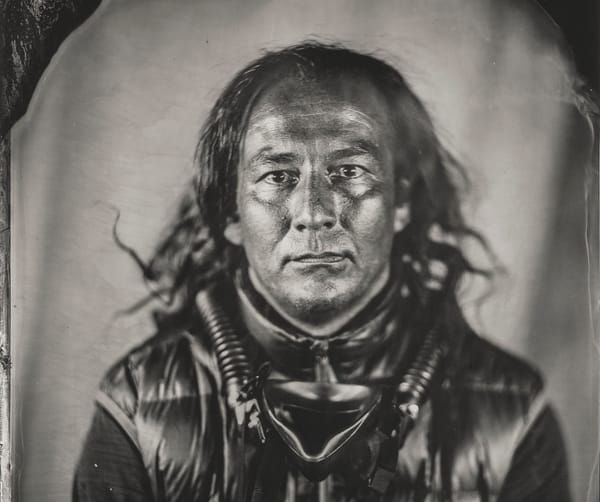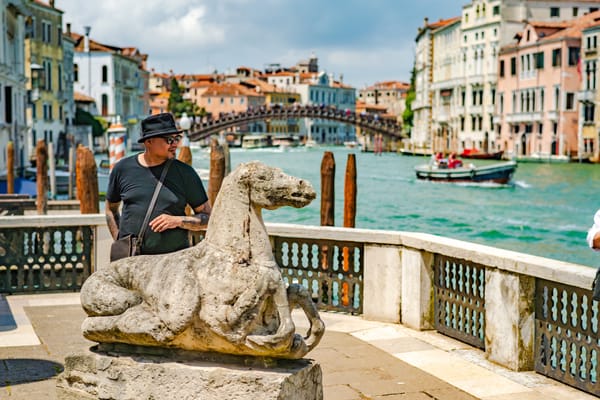Hitchcock and the Art of Brevity
As a filmmaker, Alfred Hitchcock understood the value of time. Throughout his career he sought to always be mindful and respectful of the audience in this regard. One of his many strengths, to be sure, was his ability to maximize each minute, never drawing out scenes when he deemed it unnecessary.

As a filmmaker, Alfred Hitchcock understood the value of time. Throughout his career he sought to always be mindful and respectful of the audience in this regard. One of his many strengths, to be sure, was his ability to maximize each minute, never drawing out scenes when he deemed it unnecessary. For decades he has been hailed for the various techniques he employed, such as texture, psychological complexity and his mastery of a sort of voyeurism. Rarely, though, is he cited for being a proponent of brevity in storytelling.

These days, few (considering how many are actually made) feature films tend to run strong passed the two hour mark. Explosions, exaggerated digital effects and camera tricks have become somewhat of a crutch for many filmmakers, masking dense plots and paper-thin character development. For all that technology has enabled us to do, perhaps we have forfeited something in the process. This is not to discount longer films as a whole, taking into account the fact that numerous classics (Les Misérables, 279 minutes; The Godfather, 175 minutes; Schindler’s List, 195 minutes) were able to capture attention spans and keep audiences engaged for several hours. It is simply to point out what Hitchcock was able to achieve in shorter spurts.
Tension and suspense are at the crux of Hitchcock’s filmmaking, yet he was careful never to drag sequences past what was fundamentally needed, what the story called for. It’s an important element in his work, this ability to create compositions that draw you in straight away. He explored the inner workings of the human mind in such a manner that you sympathize with his characters, are able to see things from their point of view, no matter how scandalous; yet it’s never overdone or sensationalized to the point of exhaustion.
Perhaps some of us have simply grown weary of three-hour films carried completely by special effects and void of meaning. While many of them are entertaining on the surface (who doesn’t like a good explosion?), they ultimately fail to capture the raw emotion and nuance unique to the human experience. Do we need three-plus hours of computer-generated firework displays in order to keep our eyes glued to the screen? And in 3-D? Have we been reduced to sloths with the attention spans of goldfish?
True to form, when Hitchcock accepted the Irving G. Thalberg Memorial Award in 1968, he gave the shortest acceptance speech in Oscar history. “Thank you,” he said.
The art of filmmaking, while alive and well, could always draw from the wisdom of one of its masters. Some might argue that it’s imperative we do. Thanks to Hitchcock for pointing out that sometimes, well, you just really have to pee.
Alfred Hitchcock Filmography and Length of Films:
No. 13 (1922) – lost film, length unknown
Always Tell Your Wife (1923) – 20 minutes
The Pleasure Garden (1925) – 75 minutes
The Mountain Eagle (1926) – 57 minutes
The Lodger: A Story of the London Fog (1927) – 80 minutes
The Ring (1927) – 89 minutes
Downhill (1927) – 80 minutes (UK), 74 minutes (US)
The Farmer’s Wife (1928) – 129 minutes
Easy Virtue (1928) – 89 minutes
Champagne (1928) – 93 minutes
The Manxman (1929) – 129 minutes
Blackmail (1929) – 84 minutes
Juno and the Paycock (1930) – 85 minutes
Murder! (1930) – 104 minutes
Elstree Calling (1930) – 86 minutes
The Skin Game (1931) – 77 minutes
Mary (1931) – 78 minutes
Rich and Strange (1931) – 92 minutes (UK), 83 minutes (US)
Number Seventeen (1932) – 64 minutes
Waltzes from Vienna (1933) – 80 minutes
The Man Who Knew Too Much (1934) – 75 minutes
The 39 Steps (1935) – 86 minutes
Secret Agent (1936) – 86 minutes
Sabotage (1936) – 76 minutes
Young and Innocent (1937) – 83 minutes
The Lady Vanishes (1938) – 97 minutes
Jamaica Inn (1939) – 98 minutes
Rebecca (1940) – 130 minutes
Foreign Correspondent (1940) – 120 minutes
Mr. & Mrs. Smith (1941) – 95 minutes
Suspicion (1941) – 99 minutes
Saboteur (1942) – 109 minutes
Shadow of a Doubt (1943) – 108 minutes
Lifeboat (1943) – 96 minutes
Aventure Malgache (1944) – 30 minutes
Bon Voyage (1944) – 26 minutes
Spellbound (1945) – 111 minutes
Notorious (1946) – 101 minutes
The Paradine Case (1947) – 114 minutes
Rope (1948) – 80 minutes
Under Capricorn (1949) – 117 minutes
Stage Fright (1950) – 110 minutes
Strangers on a Train (1951) – 101 minutes
I Confess (1953) – 95 minutes
Dial M for Murder (1954) – 105 minutes
Rear Window (1954) – 112 minutes
To Catch a Thief (1955) – 106 minutes
The Trouble with Harry (1955) – 99 minutes
The Man Who Knew Too Much (1956) – 120 minutes
The Wrong Man (1956) – 105 minutes
Vertigo (1958) – 128 minutes
North by Northwest (1959) – 136 minutes
Psycho (1960) – 109 minutes
The Birds (1963) – 119 minutes
Marnie (1964) – 130 minutes
Torn Curtain (1966) – 128 minutes
Topaz (1969) – 143 minutes
Frenzy (1972) – 116 minutes
Family Plot (1976) – 121 minutes




